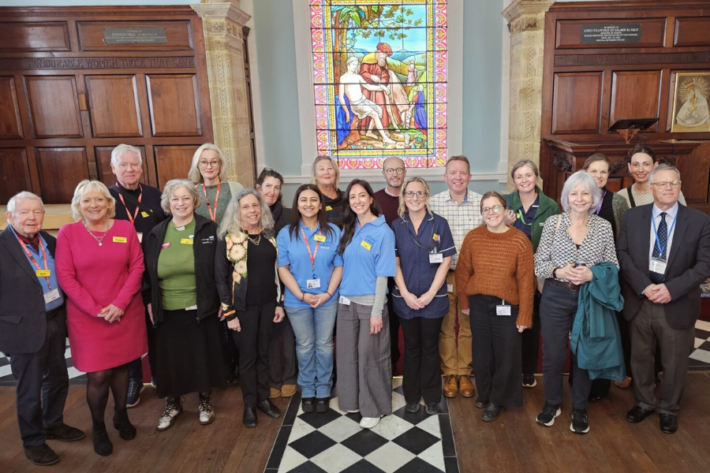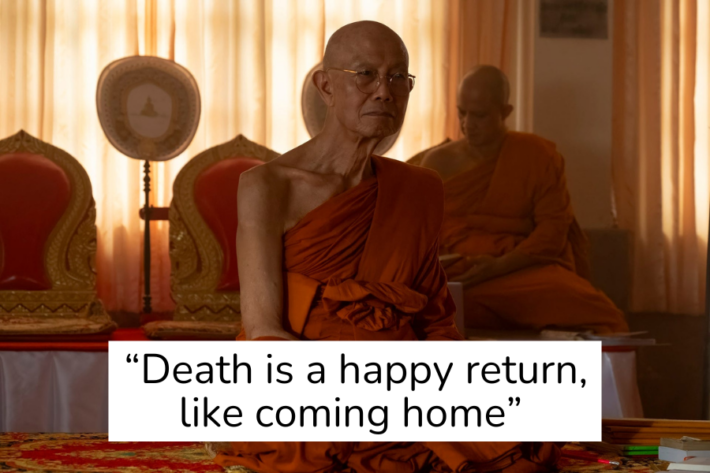Surely that’s what Hospices do?

When I speak to people about the work we do at the Anne Robson Trust often the response is – “don’t nurses do that?”
Until you have visited an elderly care ward in an NHS Hospital – its quite likely that you would think that when people are admitted to hospital the nursing staff will look after their every need, until they are better, and discharged home in a fresh nighty or PJ’s, with rosy cheeks.
Unfortunately, that is not the case. Each nurse will have at least 8 patients under her care. They will more often than not have complex needs and require a considerable amount of “nursing” time. In a recent article in the Guardian, of the 376,000 Health Care Assistants in the NHS in England, 74% are taking on extra tasks and performing roles usually undertaken by nurses, due a lack of nursing staff.
WARD STAFF ACROSS THE COUNTRY ARE FIRE FIGHTING ON THE FRONT LINES EVERY DAY – 7 DAYS A WEEK – 365 DAYS A YEAR.
Others comment – “Surely that’s what hospices do…?” Again, until you actually need one all you know about hospices is that they look after people who are terminally ill, and are usually very well resourced due to amazing fundraising – every other 10km run, cake sale and sponsored parachute jump is raising money for one hospice or another… oh and that they will look after you, when you reach the final stages of your life.
What most people don’t realise is that hospices tend to only have between 8 and 12 inpatient beds – their criteria for admitting patients is relatively tight, and they provide ‘respite’ rather than ‘end of life’ care. Of course, some people do actually die in a hospice (see graph below) – but many patients are admitted to help get their symptoms under control or for a full assessment of their needs. They may only need to stay for a few days before going home again. The average length of stay in a hospice is 10 days – as most organisations are unable to provide long stay care.
Of course, the care you and your loved ones will receive in most hospices will most likely be of the highest standard, but with a limited amount of beds, and specific admission criteria, you may not be one of the lucky ones.
Approximately 500,000 people die in England each year and, as the graph from Public Health England shows, just under half of these people die in hospital – despite many having no clinical need to be there. Many, but not all, care home staff have a tendency to “blue light” patients into hospital when they are in the last days of their life. Recognising the symptoms of impending death is challenging and care home staff often feel unprepared to provide the necessary support to residents and their families. NHS Hospitals have no option but to admit them – even though there is little they can do, other than keep them comfortable.
A report by the Royal College of Nursing in 2017 was based on more than 30,000 responses from nursing and midwifery staff to a survey about their most recent shift at work. This highlighted some huge gaps in care due to a lack of having the right number of skilled staff, in the right place, at the right time.
I think we all know that the NHS is under enormous pressure. However, unless you have had first hand experience of a hospital ward in 2018 – its unlikely that you will really be able to grasp what a difficult place the NHS is to be – whether you are a patient or a member of staff. There are never enough hours in the day, staff tell me over and over that they are unable to provide the care they’d like to give due to time constraints and workload.
This is where our service comes in.
A team of 40 specially selected, trained Anne Robson Trust Butterfly Volunteers are on hand at The Princess Alexandra Hospital, Harlow – and hopefully in many more organisations in the months and years to come – to provide the most precious of commodities – time.
- Time to spend with patients who would otherwise be facing the last days and hours of their life alone, isolated and frightened.
- Time to talk quietly about their life, their worries, or their memories.
- Time to hold their hand, gently stroke their hair and assure them they are not alone.
- Time to make cups of tea and relieve exhausted loved ones who have been sitting by the bedside for days and nights on end… or to give them a hug and reassure them they are doing a fantastic job.
Anne Robson Trust Butterfly Volunteers Helen (left), Carrie (right), and Gill Hutchinson (centre), Palliative Care Lead Nurse at Princess Alexandra Hospital, Harlow.
Since my mother died unexpectedly in 2010 following a week-long stay in hospital in Suffolk, I have spent the last 8 years working in and around the NHS – I have learnt a lot about the complexities of looking after an increasingly growing ageing population. I have sat in meetings and listened to the staff talking about the pressures on their teams, and the stresses that their huge workloads cause.
It’s easy to forget the fact that the people we are talking about in these meetings are mothers, daughters, fathers and sons, aunts and uncles, nephews and nieces. Friends. People with a long life of memories, people with dignity and pride. And when I say people I mean everyone – not just the patients, but ward staff, doctors, radiologists, administrative staff, housekeepers and cleaners.
One of the Palliative Care Nurses I worked with when we first launched the scheme said, at the end of our training day for Butterfly Volunteers “One thing I’d like you all to remember is the reason I came into nursing was to provide care and compassion to my patients and I no longer have time to do that. By doing this role – you will be doing the best bit of my job.”
We all need the NHS. It’s an amazing institution. Help us help keep it going.
Liz Pryor, Anne Robson Trust Director



